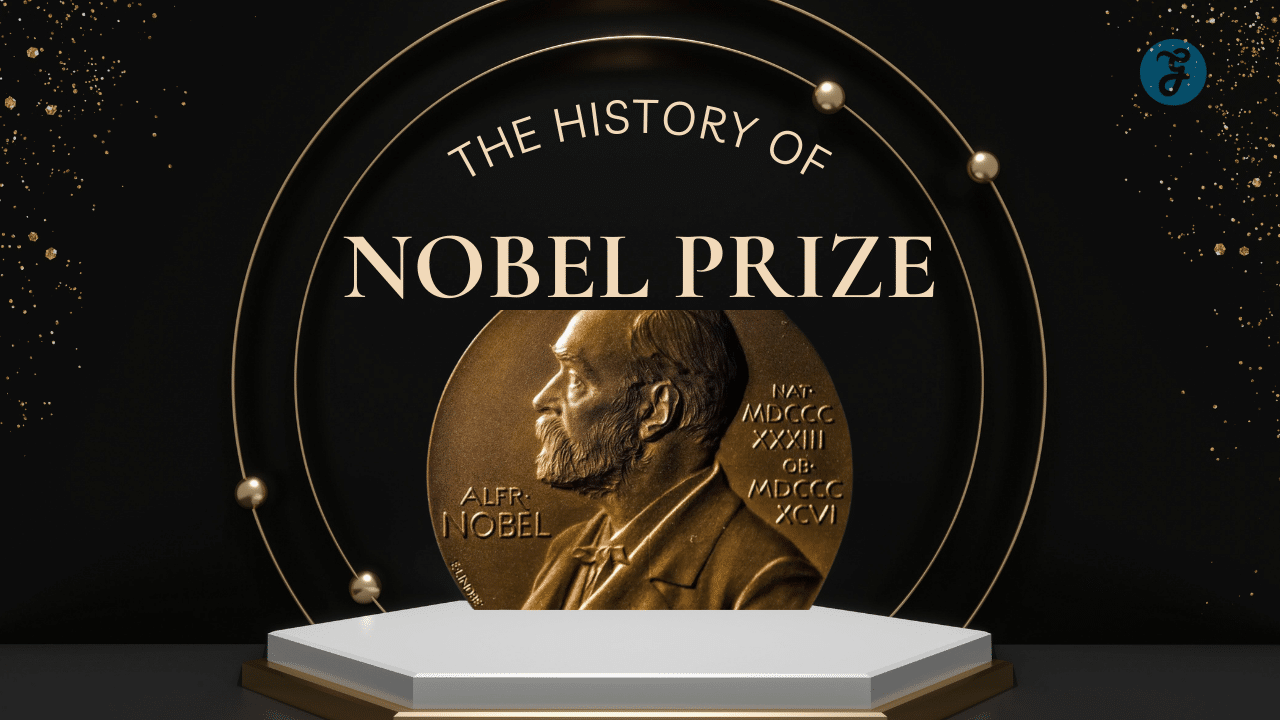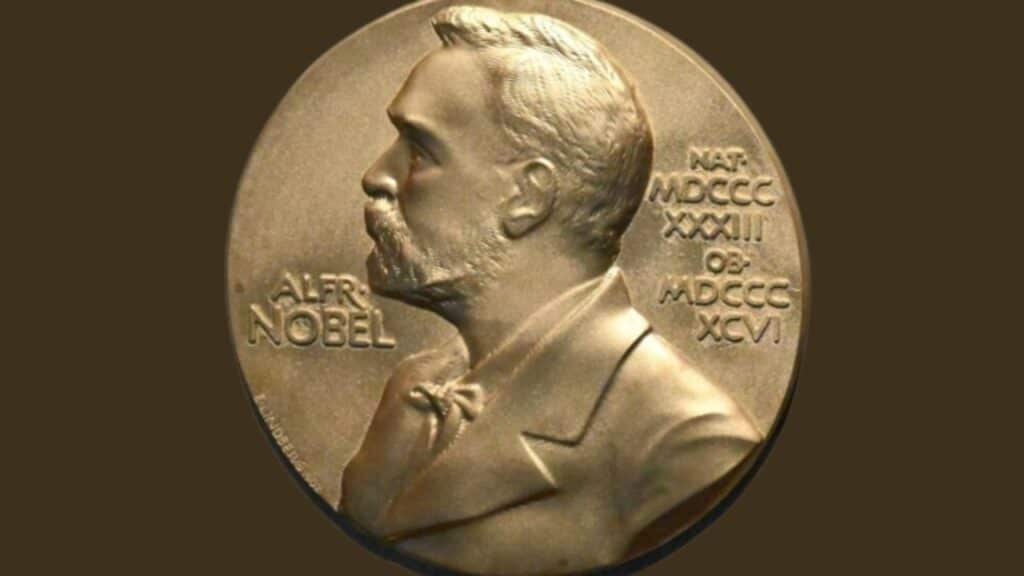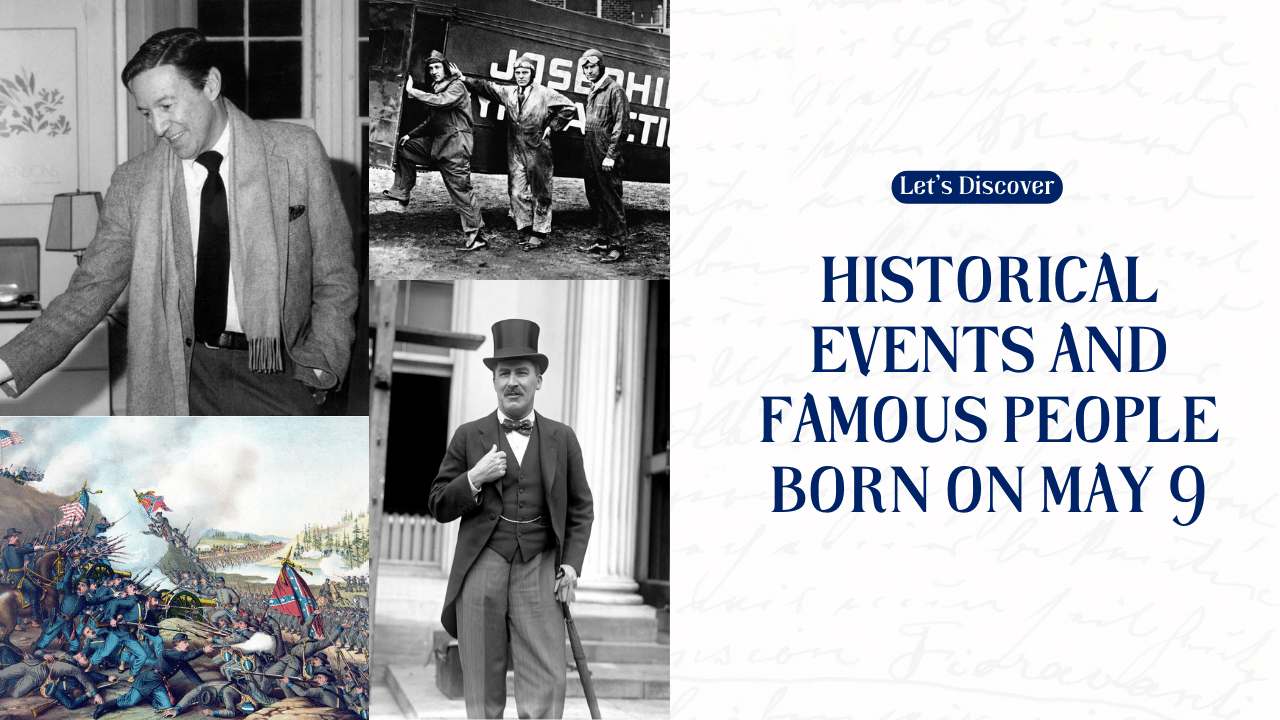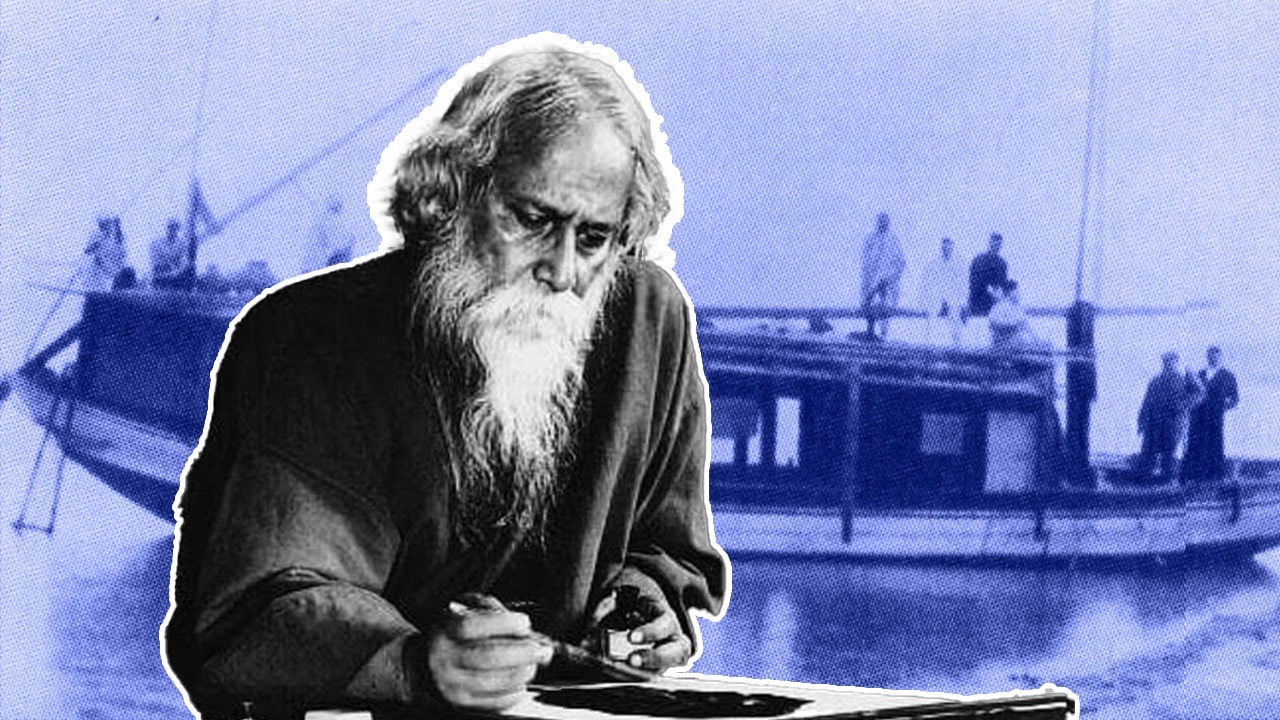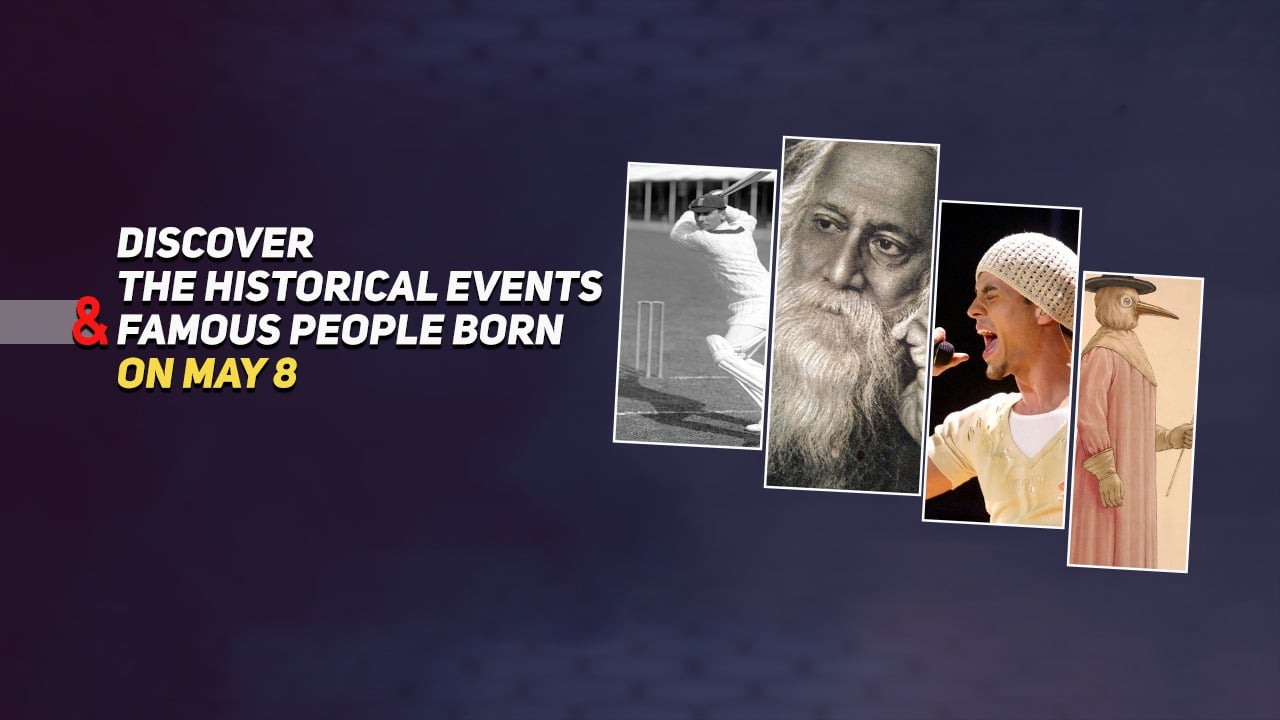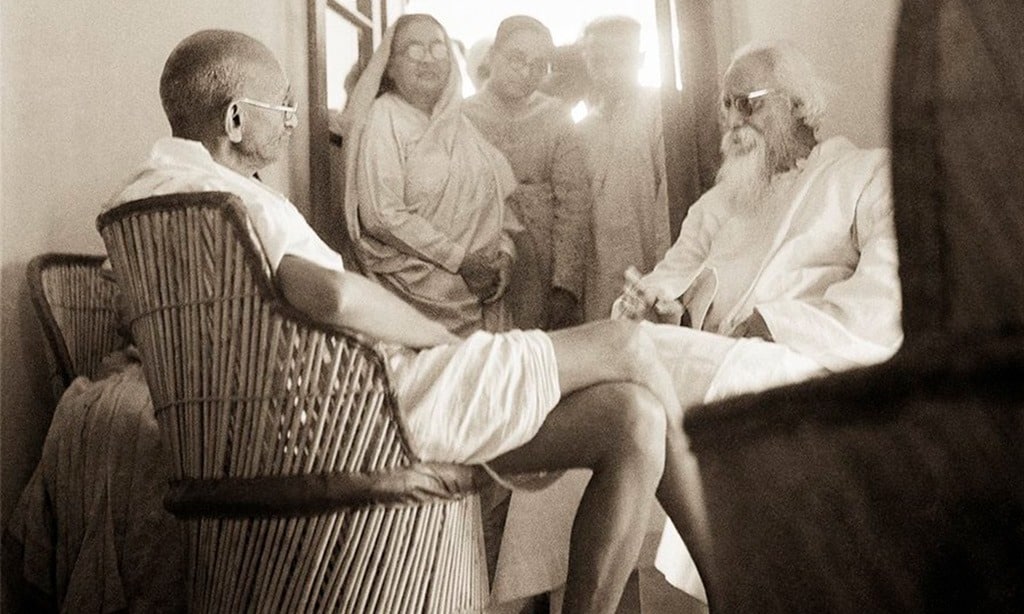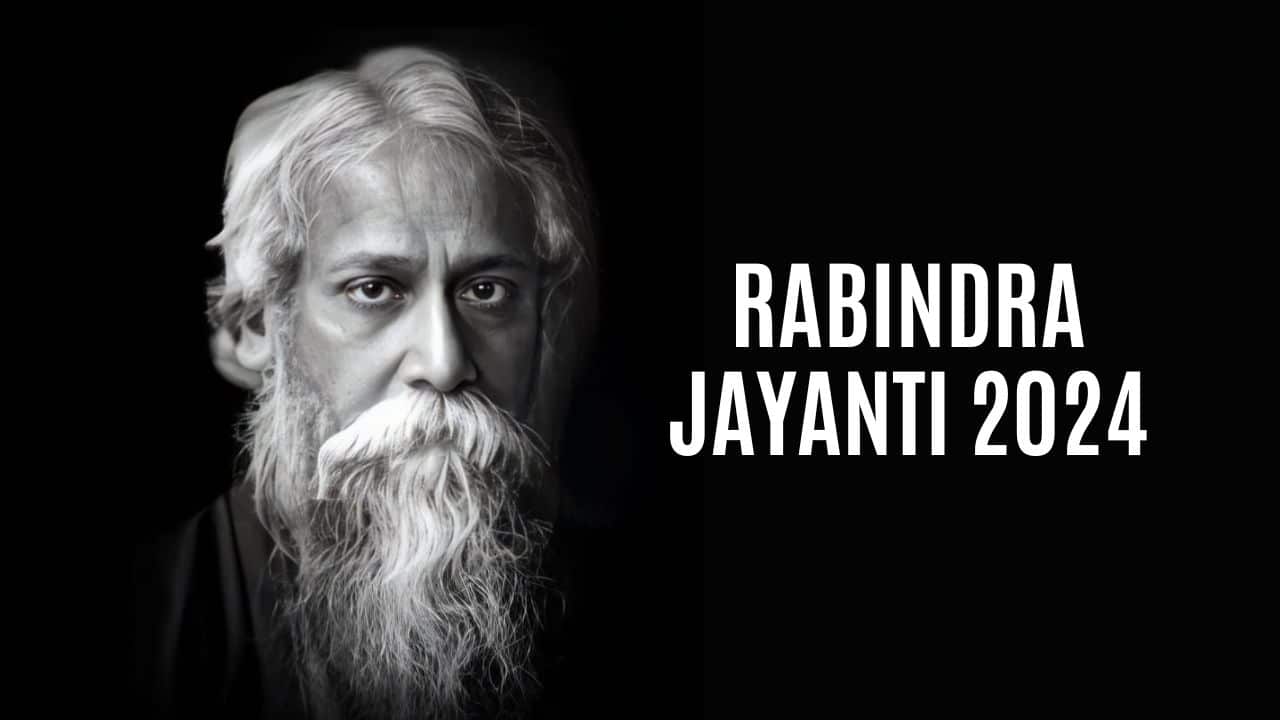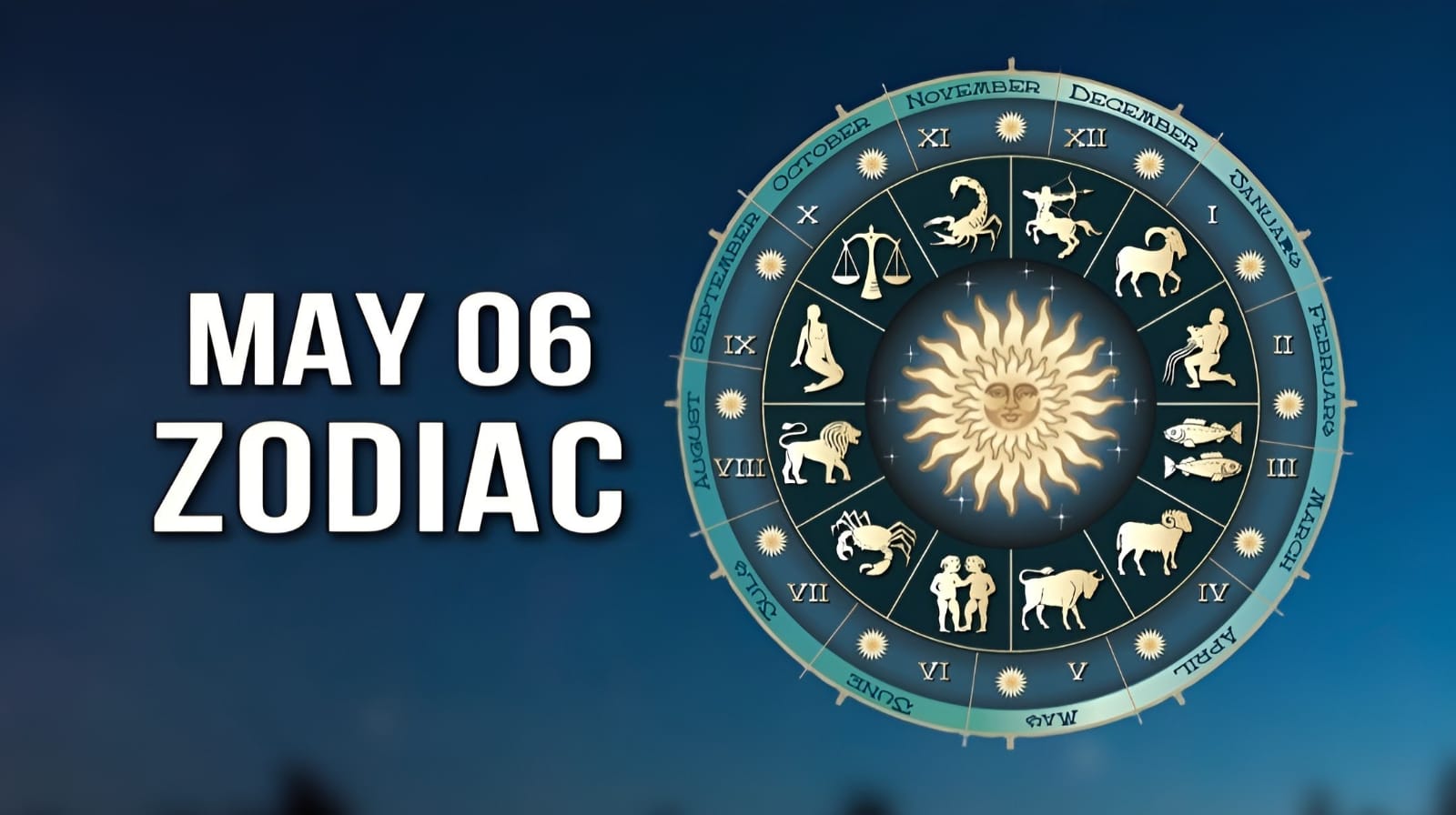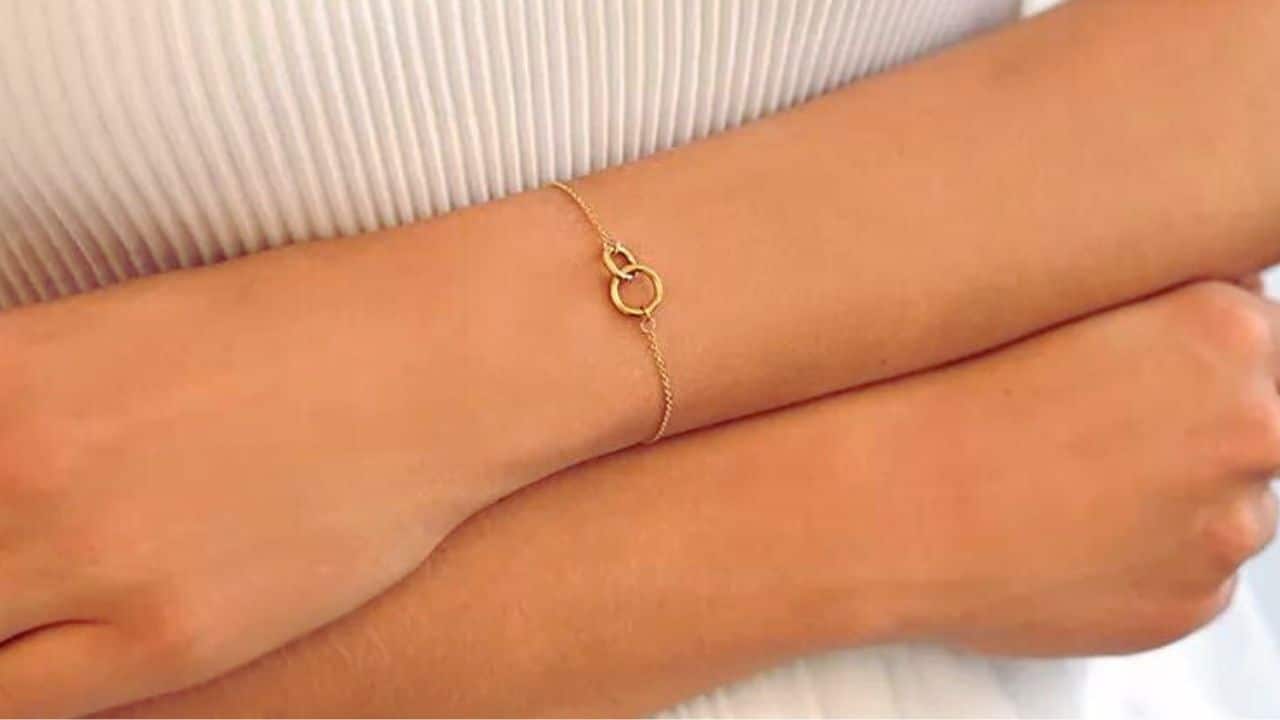With centuries of legacy, the Nobel Prize is among the most prestigious awards presented to eminent personalities who strive hard and contribute significantly in various fields. Since its inception in 1901, a total of 989 Nobel laureates (954 individuals) have been honored, resulting from their prominent inventions or discoveries.
This article is crafted for readers to understand the rich Nobel Prize history and context behind this esteemed award given annually for exceptional achievements in physiology/medicine, chemistry, physics, literature, peace, and economic sciences.
In this article, you will get an insight into delivering these awards within stipulated norms as well as the laureate selection processes involved while being aware of extraordinary women’s accomplishments deemed acceptable by society today.
So grab your reading glasses – a beneficial journey awaits you!
Content Highlights
- The Nobel Prize is a legacy that has been awarding eminent personalities for exceptional achievements in multiple fields since 1901.
- The category of Economic Sciences added 40 years later reflects Alfred Nobel’s vision towards fostering scientific advancements and peaceful understanding between nations.
- Notable concepts presented are the use of monetary rewards, cultural implications through public opinion-driven global recognition, and honoring posthumous laureates on occasion.
- A variety of winners, from physicists to chemists, have significantly contributed towards unlocking secrets about nuclear physics, revolutionizing biochemistry, or developing Lithium Ion battery technology – all advancing human progress while sustaining profound influence within society.
History of the Nobel Prize
Alfred Nobel established the Prize in 1895 to honor the cultural and scientific achievements of men and women worldwide each year.
Inception and Creation by Alfred Nobel
Alfred Nobel, a Swedish chemist, engineer, and industrialist with extensive knowledge of explosive materials such as dynamite which he invented, was deeply influenced by his father’s career as a successful industrialist.
On November 27, 1895, Nobel signed his last will and testament, allocating the majority of his fortune to create prizes for outstanding achievements across various fields – physics being the first priority.
Not only did he dedicate himself to recognizing excellent work done globally, but he also aimed to promote sustainable peace through this initiative, making one of the prizes focused solely on it – The Nobel Peace Prize.
You can also read about- mRNA Vaccine Pioneers Kariko and Weissman Win Nobel Prize 2023 in Medicine
Controversies and criticisms
The Nobel Prize has been subject to extensive controversy and criticism throughout its history, particularly in regard to the Peace Prize. From awarding prizes as part of political divides to decisions that were out of step with public opinion, allegations have surfaced heavily from all sides over the years.
The most widely discussed controversies pertain to some laureates’ questionable quality or legitimacy, political motives behind certain awards, and outside pressures on prize committees.
In addition, both domestically and internationally, there have been reports concerning delayed awarding due to internal squabbles. The inaccurate predictions by other leading physicists regarding multiple award-winning discoveries have also come into question.
Cultural impact
The Nobel Prize has had significant cultural implications since its inception in 1901. It is arguably the most prestigious and dignified award offered to individuals around the world, and it stands as a symbol of excellence.
The recipients of this award have made remarkable contributions in their respective fields, helping to shape our societies and foster progress. Over the years, many Nobel Peace Prize laureates have represented civil society in their home countries and, through them, helped promote fundamental human rights such as freedom of speech and the right to criticize power.
Additionally, being recognized for outstanding achievement via an esteemed prize like a Nobel comes with immense global recognition that can influence public opinion about science, literature, economics, or peace initiatives.
Inaugural prizes in 1901
The first Nobel Prizes were awarded in 1901, and the very first laureates of all six categories included the political activists Jean Henry Dunant and Frédéric Passy, who received the Nobel Peace Prize for their efforts towards encouraging peace between nations.
Wilhelm Conrad Röntgen won the prize in Physics for his discovery of X-rays, Jacobus Henricus van ‘t Hoff was honored with a Nobel Prize in Chemistry for his discoveries concerning chemical reaction dynamics and the foundation of physical-chemical science while Emil Adolf von Behring won for his overcoming ‘of diphtheria’ through immunization.
Literature prizes went to Sully Prudhomme (“in special recognition of his poetic composition”).
Nobel Prize Categories and Laureates
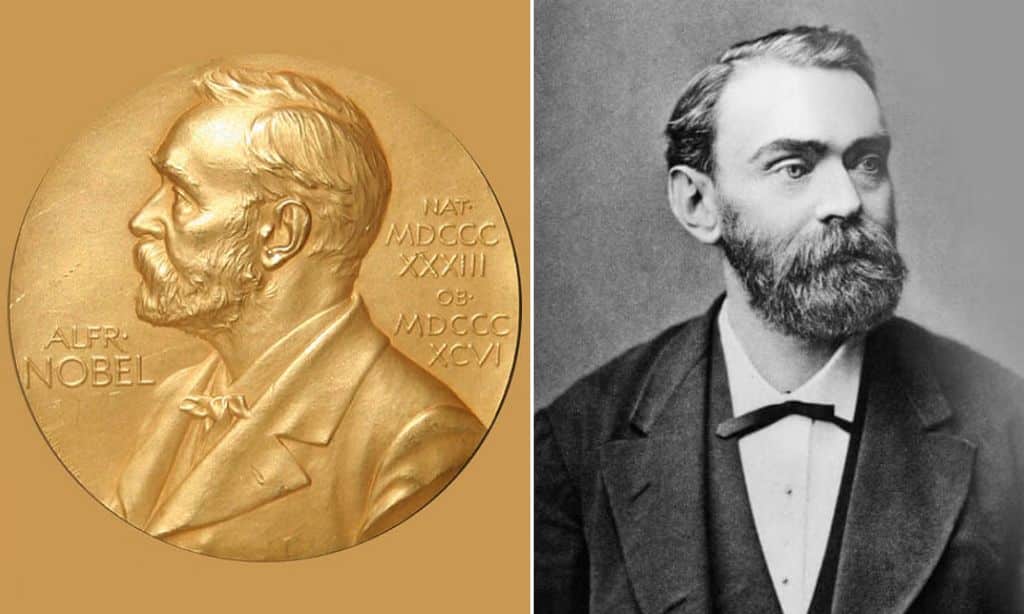
The Nobel Prize is awarded in six categories:
- Physics
- Chemistry
- Physiology or Medicine
- Literature
- Peace
- Economic Sciences in Memory of Alfred Nobel
Four different institutions award the Nobel Prizes:
- The Nobel Prizes in Physics and Chemistry are awarded by the Royal Swedish Academy of Sciences.
- The Nobel Prize in Physiology or Medicine is awarded by the Karolinska Institutet.
- The Swedish Academy awards the Nobel Prize in Literature.
- The Nobel Peace Prize is awarded by a committee appointed by the Norwegian Parliament.
- The Royal Swedish Academy of Sciences awards the Sveriges Riksbank Prize in Economic Sciences in Memory of Alfred Nobel.
Prize in Physics
The Prize in Physics has been awarded by the Royal Swedish Academy of Sciences since 1901, recognizing exceptional scientific advances and discoveries. This award is one of the five Nobel Prizes established by Alfred Nobel’s will in 1895, including prizes in Chemistry, Physiology or Medicine, Literature, and Economic Sciences.
Nobel Laureates in Physics have made major contributions to understanding the physical world around us, from groundbreaking atomic theories to revolutionary innovations such as lasers and public displays of color phenomena.
From Marie Curie’s research into radioactivity that helped unlock secrets about nuclear physics to Stephen Hawking’s exploration into theoretical astrophysics, new laureates are recognized each year for their achievements.
Over 116 Nobel Prizes have been awarded in this area since its inception, with awards also given posthumously on occasion. Prize money currently stands at 1 million USD, a gold-plated green gold medal, and a diploma per laureate.
Prize in Chemistry
The Nobel Prize in Chemistry has recognized the most significant achievements in maximizing human knowledge of chemical phenomena and processes. Initially awarded with the founding prize to Jacobus Henricus van’t Hoff in 1901, the prize has since then celebrated more than 190 chemist laureates from around the world- among them, 9 who have won the award twice.
Notably, scientists such as Frederick Sanger and Barry Sharpless were honored for their role in driving a new era of biochemistry, while John B. Goodenough made history by becoming -at 97 years old- the oldest person ever to receive a Nobel Prize for his immense contributions to Lithium Ion battery development.
Since its beginning, the award has been presented by The Royal Swedish Academy of Sciences annually during December ceremony festivities held in Stockholm, where at present, 1 million USD, a gold-plated green gold medal, and a diploma are offered as monetary rewards divided between potential winners unable to be rewarded posthumously unless approved previously by court prerequisites.
Prize in Physiology or Medicine
The Nobel Prize in Physiology or Medicine is one of the top international awards, recognizing work that has led to major advances in medical discoveries. Since 1901, it has rewarded 114 laureates for their pioneering contributions to medicine, human health, and overall well-being.
The prize focuses on physiology and/or medical practices that benefit mankind by researching biology, diseases, treatments, or preventative measures against such illnesses. Along with being awarded a medal and diploma certificate with individualized inscriptions attesting to its importance, recipients are offered a monetary prize, usually 1 million USD, a gold-plated green gold medal, and a diploma.
Some notable laureates include French biologists Jacques Monod and François Jacob; British scientist Alexander Fleming who discovered penicillin; Marie Curie whose accomplishments included not just one but two prizes; German cardiologist Werner Forssmann; Japanese geneticist Susumu Tonegawa; American biochemists Gertrude Elion -recognized for her groundbreaking development of various drugs- Joseph Lederberg et al.; Canadian virologist David Baltimore recognized for his cutting edge experiments involving RNA molecules among many others up until 2019’s awardees William G.
Prize in Literature
The Nobel Prize in Literature is awarded annually to individuals who have made significant contributions to the genre of literature, from works of fiction and non-fiction to plays and poetry.
Selected by a panel of literary critics, editors, academics, and writers, laureates are often acknowledged for their creativity, style of writing, and enduring impact on readers. Notable past winners include Gabriel Garcia Marquez (1982), Ernest Hemingway (1954) Toni Morrison (1993).
While Alfred Nobel bequeathed the original endowment fund for this prize, today carries such significance that aspiring authors worldwide hope to one day reach its pedestal.
Peace Prize
The Nobel Peace Prize is the most prestigious award given out annually since 1901. The prize honors efforts to promote peace, disarmament, and social progress. Recipients of this exceptional award – be it individuals, organizations, or even whole countries – have worked tirelessly in a range of initiatives that aim to reconcile conflicts between communities or nations.
Those awarded with this honor often demonstrate ethical, political, and humanitarian fortitude for their endeavors toward global peace.
Notable recipients include German Chancellor Willy Brandt, who received the Prize in 1971 for his prominent role in improving East-West relations and fighting against nuclear weapons; Leymah Gbowee, a Liberian activist who spearheaded a successful grassroots campaign against Second Liberian Civil War; and more recently Prime Minister Abiy Ahmed Ali from Ethiopia whose initiative laid the foundations for peace reconciliation between Ethiopia and its former adversary Eritrea after two decades-long conflicts resulted in both territories attaining peace once again.
Read More: Top 10 Greatest Female Scientists of All Time
Prize in Economic Sciences
The Sveriges Riksbank Prize in Economic Sciences, often associated with the Nobel Prize, was established in 1968 by Sweden’s central bank. Since its inception, it has been awarded 54 times to 92 laureates and is considered one of the most prestigious honors a scholar can attain.
The award consists 1 million USD cash prize, which honors outstanding achievements that have greatly advanced the field of economic sciences. The first laureate was Dutch economist Jan Tinbergen for his development of an econometric model – showing how individual markets are interconnected – that proved highly influential in macroeconomic analysis.
In recent years, further modifications started being made to include newer discoveries like behavioral economics and social preferences into economic theory, something for which Richard Thaler won the 2017 prize for his groundbreaking work on limited rationality, social preferences, and lack of self-control.
Gender Disparity in Nobel Prize Winners
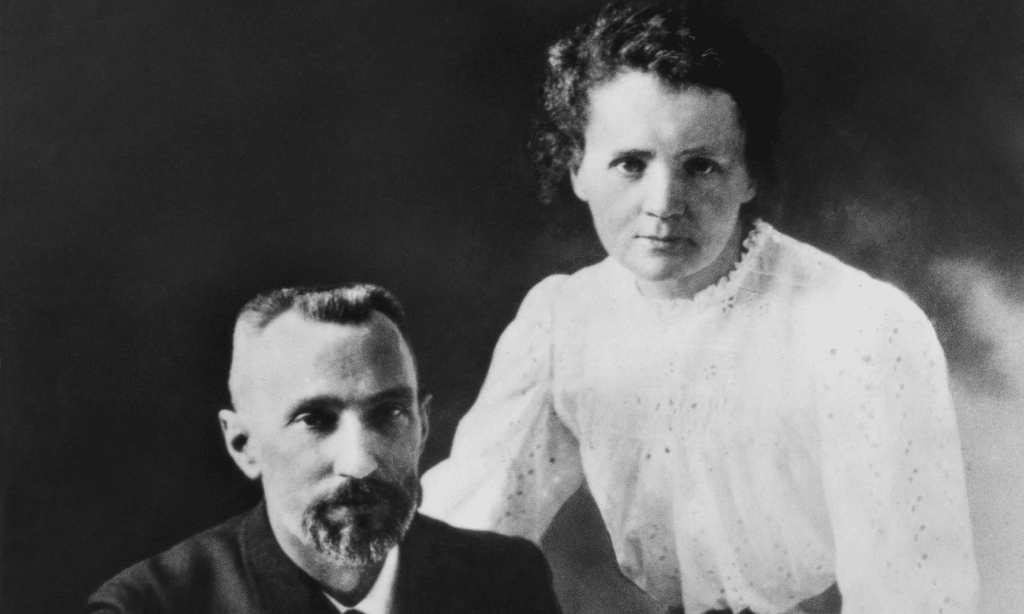
Women have been historically overlooked for their achievements, with fewer female laureates compared to males. However, recently, there has been an increasing number of initiatives taking steps towards greater gender equality.
Overlooked achievements by women
Despite the fact that women are obtaining higher education at an increasing rate and taking leading roles in a wide variety of fields, it is still rare to find female Nobel Prize laureates.
Marie Curie is the only woman to have been honored with two Nobel Prizes – one for physics and one for chemistry. In contrast, there have been only 60 female Nobel Prize winners since 1901, compared to 894 male laureates.
Women’s accomplishments in science, literature, and other disciplines across the world are often overlooked by the Nobel Prize committee. One notable example is Polykarp Kusch, who was awarded a Nobel Prize in 1955 for his work on microwave spectroscopy but whose student Chien-Shiung Wu should also have been recognized alongside her mentor, according to many historians of science.
Steps towards gender equality
In recent years, organizations and initiatives have been working towards promoting gender equality in Nobel Prizes. The aim is to recognize the contributions of women across different fields like science, literature, and medicine–which unfortunately often go overlooked or discounted.
Organizations such as the Nobel Women’s Initiative, Equity Theme Group of the Council for the Lindau Nobel Laureate Meetings (LinG), and Global Peace Prize are among some committed to achieving this goal at a global level.
On an individual basis, too, there have been efforts moving in the right direction through increased nominations of female scientists around the world by institutions that nominate candidates for Nobel Prizes.
The Award Process
Every year, nominees are proposed for the Nobel Prize, and a selection committee evaluates each nominee before choosing the laureates who will be awarded prizes.
Nominations
To be considered for the Nobel Prize, a person must first receive at least three nominations from individuals who meet non-negotiable criteria pre-determined by Nobel Committees.
The nomination process varies between awards; while any individual may submit a nomination for the Peace Prize, invitation-only rules apply to the Chemistry category. Submissions begin in September for Physics – this is when nomination forms are sent out – while nominations can be accepted throughout the year for Peace.
Self-nomination is not accepted under either award, and all details of submissions remain confidential until an announcement is made on Winners’ Day regarding blatant sportsmanship or public success in health, medicine, and even business that has had a profound societal impact.
Selection process
The selection process for the Nobel Prize is a highly secretive and complex affair conducted to ensure integrity and impartiality. Nominations for each category of the prize are made by qualified individuals, and stringent criteria dictate what constitutes eligible nominations.
This confidential list of candidates is kept unconscious before the laureate is selected because before 50 years, all the information about the given prize, including who nominated them or why they were chosen, would remain confidential.
Moreover, it ensures that official support from diplomats or politicians does not influence the final decision-making process in any way. The selection procedures vary between fields depending on their type, so Nobel Laureates in literature might be chosen through analyzing authors and works submitted to it, whereas sir Isaac Newton’s laws govern physics-chemistry laureates orbits around recently published scientific research studies.
Posthumous nominations
The Nobel Foundation’s Statutes established in 1974 forbid posthumous nominations for the Nobel Prize, with only two exceptions having occurred before that date. In the event of a laureate’s death, after his or her nomination has been submitted, the prize may still be awarded – however, before 1974, it was possible to submit nominees who had already passed away.
Before this rule became legally binding, Dag Hammarskjöld and Erik Axel Karlfeldt were both posthumously awardees with a Nobel Prize in 1961 and 1931, respectively.
This decision is due to Alfred Nobel’s will, which stipulates that those nominated should ‘have devoted themselves during the preceding year to rendering an outstanding service either within scientific research or works of literature or human fraternity at large.’
Notable Laureates and Their Contributions
Several notable laureates have left a significant mark that extended beyond the Nobel Prizes and their associated awards.
Multiple and family laureates
From Marie Curie and Linus Pauling to the four members of the Frank family, several Nobel Prize winners have won not once but twice in different disciplines or had close relatives add to the Noble glory.
In 1903, Pierre and Marie Curie became the only set of husband-wife laureates after receiving honors for Physics and Chemistry, respectively. Subsequently, Pauling was awarded two times with an individual Nobel Prize – once in 1954 for Chemistry and another in 1962 for Peace processes.
He held this distinction until John Bardeen got it for Physics within half a decade.
The Frank family from Germany made history by having all its four members receive recognition at various times between 1901 to 1952, ranging from physics (Max) and chemistry (Otto) to medicine (Gerty) and physiology/ Medicine shared by Otto Warburg along with Gerty Cori – making them family’s first instance which has ever achieved such feat.
Refusals and constraints
Nobel Prizes have had their fair share of refusals and constraints throughout history. For instance, Adolf Hitler prohibited three German Nobel Prize laureates – Carl von Ossietzky (Peace Prize in 1935), Richard Kuhn (Chemistry prize in 1938), and Gerhard Domagk (Physiology or Medicine Prize 1939-1949) from accepting the awards as a way to suppress dissent within Nazi Germany.
Other notable cases include Jean-Paul Sartre declining his 1964 Literature Nobel Prize, saying that a writer should not allow himself to be turned into an institution, though he was allowed by the committee to refrain from officially declining it.
The problem of gender disparity has long plagued the Nobel Prize community, with prominent female scientists being largely overlooked or having their works underestimated compared to those of male colleagues.
Awards and Recognition
Laureates of the Nobel Prize receive prizes, medals, diplomas, and a sum of money as an award for their contribution to humanity.
Prizes
The Nobel Prizes recognize individuals whose work has had a tremendous and lasting impact on the fields of literature, science, economics, medicine, and peace. The prizes are widely considered the most prestigious awards given out for intellectual achievements worldwide.
Made up of a medal, personal diploma, and cash award offered by Alfred Nobel – a 19th-century Swedish business magnate and chemist – in 1901, these prizes honor those individuals who have advanced human knowledge through their incredible discoveries or inventions.
Two of the most notable recipients over time are Marie Curie, who won two Nobel Prizes for Physics and Chemistry, as well as Martin Luther King Jr., who won the prize for Peace in 1964 for his civil rights activism.
Medals and diplomas
Nobel Prize winners receive an 18-carat gold medal and a personalized diploma as part of their award. The prestigious medals have been crafted in Sweden (or Norway since 2012) in honor of the winners for more than 100 years.
Its design includes an inverted cameo portrait of Alfred Nobel surrounded by bridge arches representing knowledge, building on his words, “And thus, peace to bridge all nations” from his will.
Moreover, each edition is custom-made with detailed designs that highlight achievements relevant to the one awarded and a symbolic inscription regarding its category engraved into it.
On top of this, laureates get a unique artistic piece; their diplomas feature illuminated artwork drafts created by hand-picked Swedish or Norwegian artists commissioned to work on them every year, taking inspiration from previous decorations and incorporating elements related to Classicism or Romanticism through stylized geometric figures and epigrammatic texts written around the main figure –Alfred Nobel– enhancing its historical meaning and tradition even further.
Award money
The Nobel Prize holds great prestige and is associated with a significant cash award. In 2021, the total money prize was worth 10,000,000 SEK (Swedish Krona) or about 1 million USD.
This monetary award for Nobel Prizes will increase to 11,000,000 SEK in 2023. Although the amount of money awarded varies from year to year, depending on exchange rates and other factors outside of their control, this illustrates how prestigious the prize is viewed even today.
The use of Nobel Prize money by winners also reflects its influence; many laureates spend it furthering scientific research or on charitable endeavors. Alongside the cash award, especially for public science prizes like that in Physics or Chemistry, are a medal and diploma issued collectively at annual ceremonies in Stockholm and Oslo, respectively.
Controversial Recipients and Emphasis on Discoveries
This section explores the distinction between recipients who have been both praised and divisive among scientific communities. Read on to learn more about Nobel Prize controversies and debates around awards given or refused!
Controversial winners
Winning a Nobel Prize has been seen as the pinnacle of achievement. However, in some cases, it can also spark debate and become a source of controversy. 2010 Peace Prize laureate Barack Obama is perhaps one of the most well-known controversial winners – his prize received criticism because many felt he wasn’t yet deserving at such an early stage in his presidency.
The European Union’s win in 2012 was more divisive than usual due to questioning whether or not it was truly deserving of its international peace efforts since there were still conflicts present within Europe at the time.
There have also been scandals surrounding certain individuals who were nominated but eventually lacked selection due to their political views, such as Adolf Hitler or Joseph Stalin, both Bolshevik leaders who had extreme ideologies that conflicted with those of Alfred Nobel´s will regarding awarding peace prizes.
Emphasis on discoveries over inventions
The Nobel Committee has often placed more emphasis on discoveries rather than inventions when it comes to awarding prizes. A study found that up to 2004, 77% of the Prizes awarded in physics were given for discoveries and only 23% for inventions.
This focus on discoveries over invention has been subject to much controversy; many scientists have criticized this approach, saying it overlooks important breakthroughs made by inventors.
There is also a personal aspect emphasized by this selection process, as only living scientists can receive the award, meaning some long-standing scientific breakthroughs may not be recognized with this award.
Many great inventors have fallen under this criteria while their existing works remain unacknowledged yet inspire so many current studies in the same field worldwide today, such as how Nikola Teslа’s work continues to shape power distribution despite never receiving a Nobel Prize himself.
Impact of World War II on the Nobel Prize
The disruption caused by WWII had a lasting impact on the Nobel Prize process and continues to be felt in today’s era. Discover more about this period of Nobel history!
Changes to nominations and selection process
The process for nominating and selecting Nobel Prize recipients has been changed several times over the years. The criteria were refined in 1911 only to allow professors at universities or university-level programs, government officials, members of select academic societies, and the Academy itself to nominate candidates.
In 1968, posthumous nominations were prohibited. In 2013, online voting was introduced as a way for scientists from around the world to submit nominations. Since 2016, non-academics such as business representatives have also been allowed to make nominations through an expert committee system.
One significant change that took place due to World War II was awarding organizations rather than individuals with the Peace Prize from 1941 until 1943 so more people could receive credit for their work towards peace initiatives.
Influence on prize categories
The Nobel Prize has undergone a number of changes and adaptations throughout its history, impacting the categories in which it is awarded. Since 1901 the award categories have expanded to include Physics, Chemistry, Physiology or Medicine, Literature, Peace, and Economic Sciences.
These awards recognize excellence in various artistic fields as well as global humanitarian efforts that aim to bring about peace across nations. Additionally, each year brings with it an opportunity for evaluation and reconsideration; Pulitzer and Nobels laureates are often identified through current events such as movements for civil rights or environmentalism activism – honoring both outstanding accomplishments in research but also achievements that help further society’s nuanced understanding of justice and freedom worldwide.
The 2018 Nobel Peace Prize was awarded to Denis Mukwege alongside Nadia Murad “for their efforts to end the use of sexual violence as a weapon of war and armed conflict”—an indication that societal needs play heavily into selection processes for prize categories.
Beyond the Nobel Prize: Other Honors and Legacies
Recognition for special contributions, such as the Nobel Memorial Prize in economic sciences, is leveraged to honor and empower further innovation.
Specially distinguished laureates
The Nobel Prize recognizes individuals who have excelled in their fields and made contributions towards the betterment of humanity. Amongst these distinguished laureates are those who stand out above the rest, for example, Marie Curie.
She was one of the first two female laureates ever to be awarded a Nobel Prize and is most renowned for her research into Radioactivity. She was subsequently awarded not one but two Nobel Prizes – a feat unprecedented by any other laureate until this day.
Her works sparked new areas within physics, chemistry, and even biology with lasting scientific legacies over centuries since she received her awards in 1903 and 1911, respectively.
Furthermore, whilst Alfred Nobel’s vision intended to recognize groundbreaking discoveries or inventions amongst different disciplines as outlined by his will upon establishing the prizes’; Laureates like Martin Luther King Jr. sought recognition from outside science protocols yet displayed outstanding contributions towards Conflict Resolution advocacy, earning himself a Peace Prize in 1964 making him an iconic figure throughout history.
Influence on scientific and literary fields
The Nobel Prize has had a tremendous influence on both the scientific and literary fields. Not only does it recognize outstanding science, mathematics, and medicine research around the world, but also great literature conveys an understanding of human life.
In giving awards to individuals for exceptional achievements in various disciplines since 1901, the Nobel Prize continues to inspire generations of scientists unsure what their unique contribution could be that might earn them one day this most coveted prize.
For over 120 years now, the Nobel Prize has rewarded scientists working at universities as well as those making use of innovations without any institutional resources. They stand out from other prizes by highlighting civic engagement through distinctions such as organizing peace conferences or mediating conflicts.
These works often involve teams instead of just individual authors, which means that recognition is no longer limited to solo efforts but can nowadays encompass cooperation and joining efforts with peers in distant countries via digital collaborations between researchers working closely together towards breakthroughs within an already regulated field (such medication development).
Legacy of Alfred Nobel and his vision
Alfred Nobel dreamed of inspiring and encouraging future generations to strive for excellence and work towards a better world. In his last will and testament, he allocated the largest share of his fortune to establish the Nobel Prize as an instrument to recognize outstanding contributions in various fields, including physics, chemistry, physiology or medicine, literature, peace-building efforts, and economics.
By providing this award system for individuals who demonstrate excellence in their respective – Alfred Nobel hoped to promote progress through scientific discoveries or inventions while striving for international peace advancement, qualities close to his heart.
Although he was most famous for inventing dynamite and other armaments – today, Nobel is remembered not only as the creator but also as someone who supported honorable causes with a vision of leaving behind a legacy that would continue long into the future.
Frequently Asked Questions (FAQs)
If you have queries about the Nobel Prize history, check the answers below.
1. What is the Nobel Prize?
The Nobel Prize is an international award given annually to individuals who make outstanding achievements in physics, chemistry, physiology or medicine, literature, peace, and economic sciences.
2. Who awards the Nobel Prize?
The Nobel Prizes are awarded by five different bodies established by Alfred Nobel’s will: The Royal Swedish Academy of Sciences, The Swedish Academy, Karolinska Institute, the Norwegian Parliament, and The Bank of Sweden Tercentenary Foundation.
3. How long has the Nobel Prize been offered?
The first Nobel Prizes were awarded in 1901 and have been awarded every year since then for over 120 years.
4. Who is eligible for a Nobel Prize?
To be eligible for a prize, an individual must meet certain criteria outlined according to their field and conduct most of their work within a specific timeframe before the nomination submission deadline.

